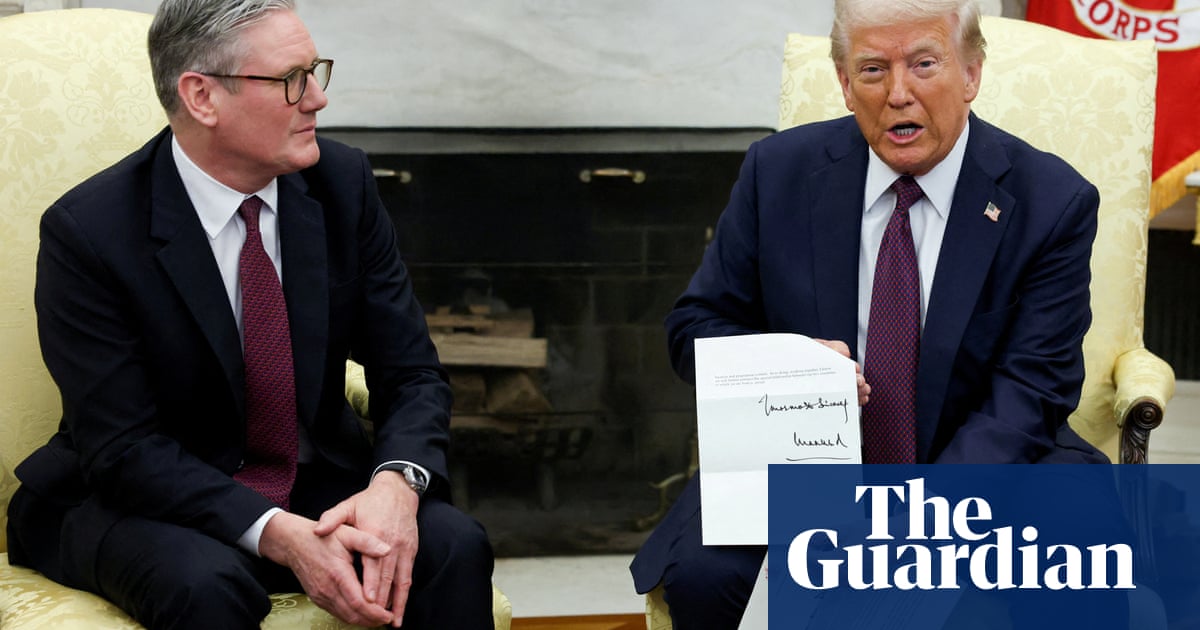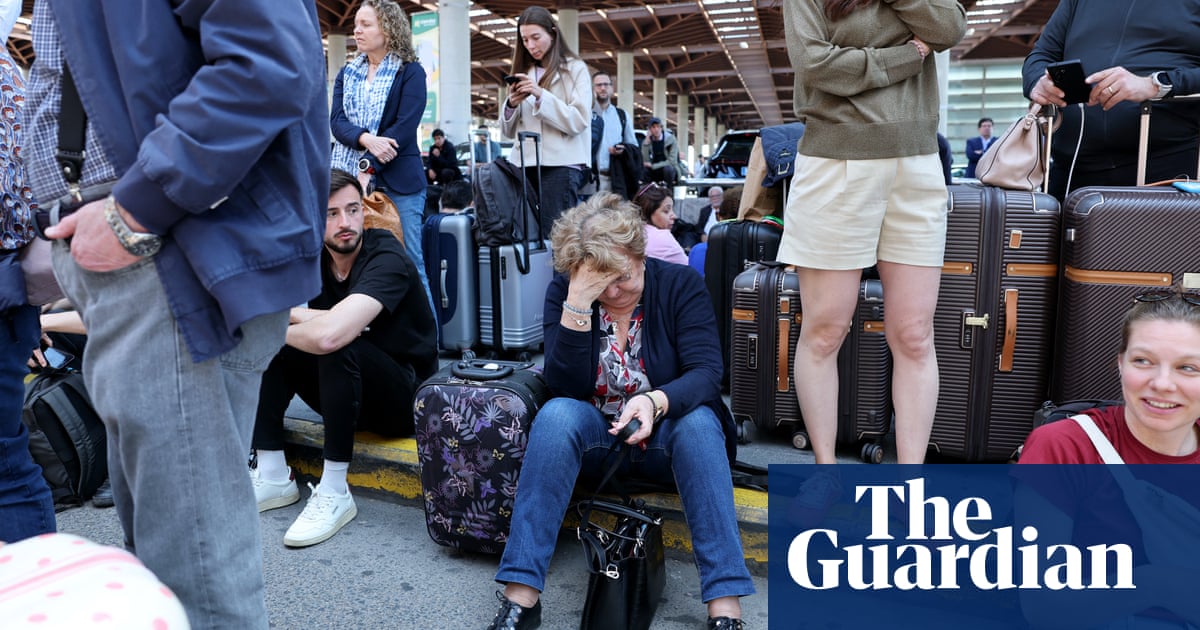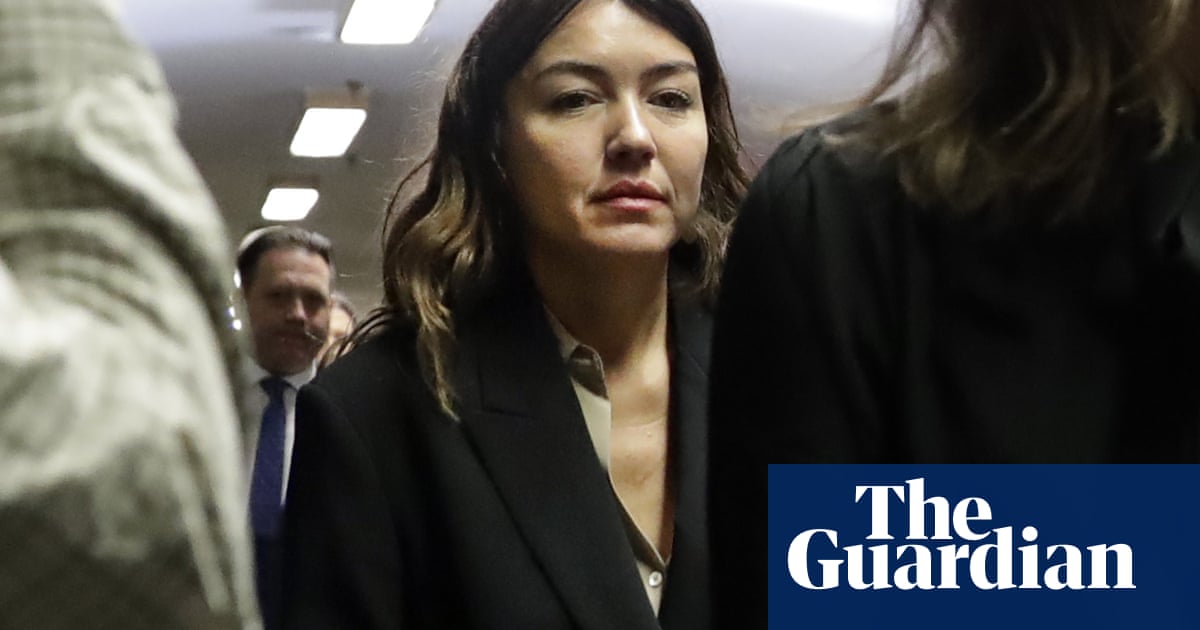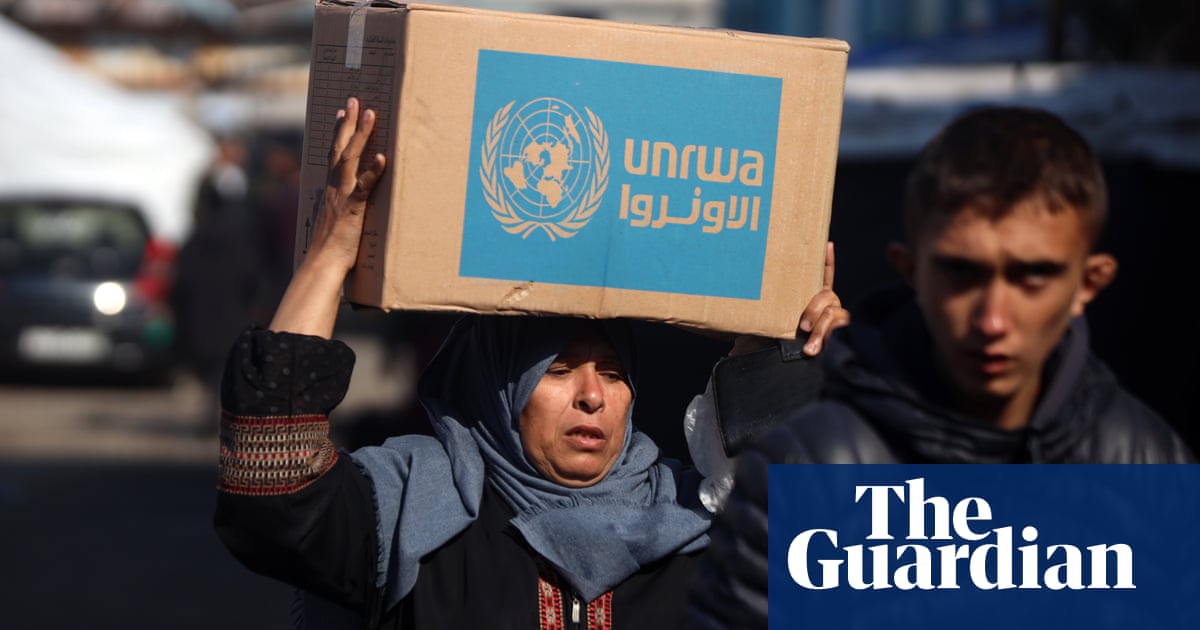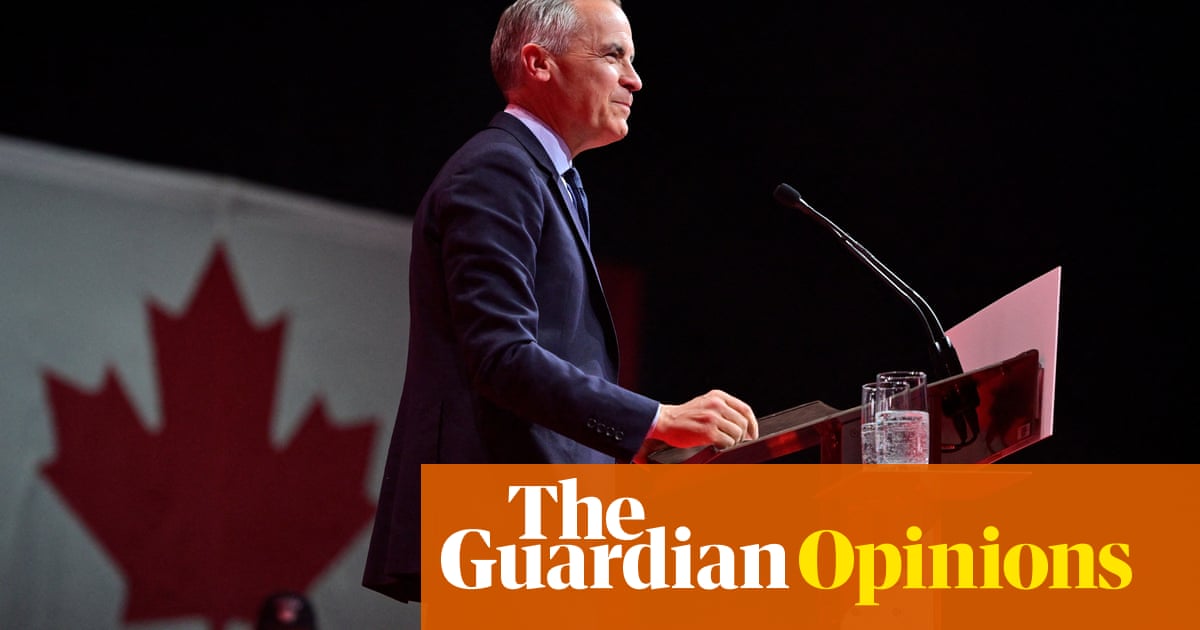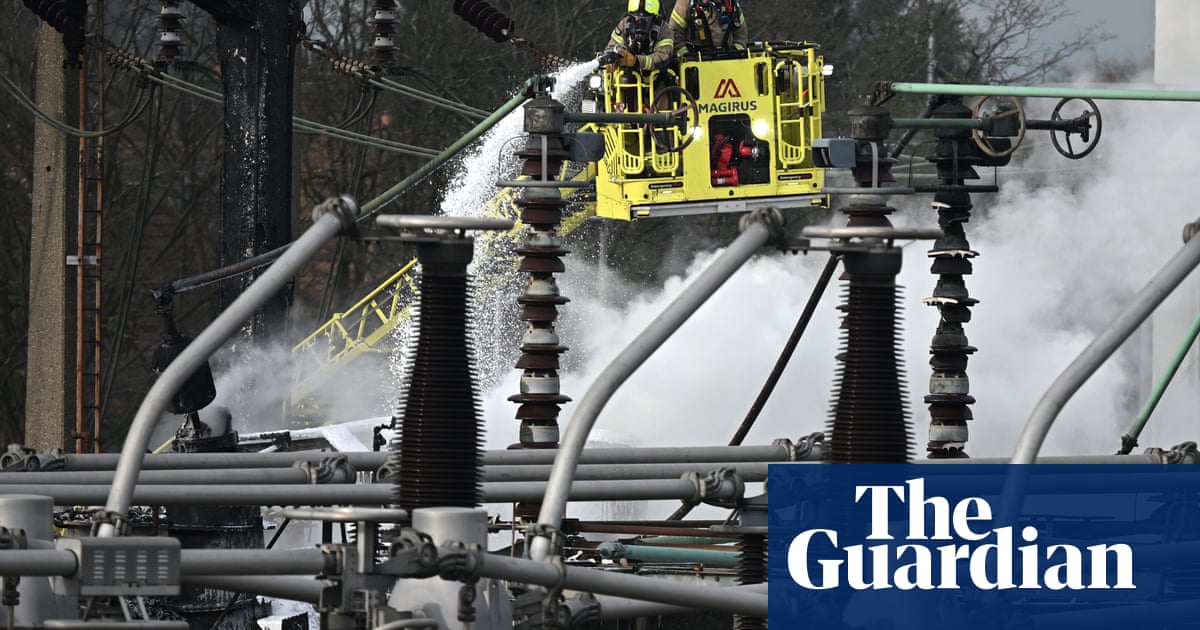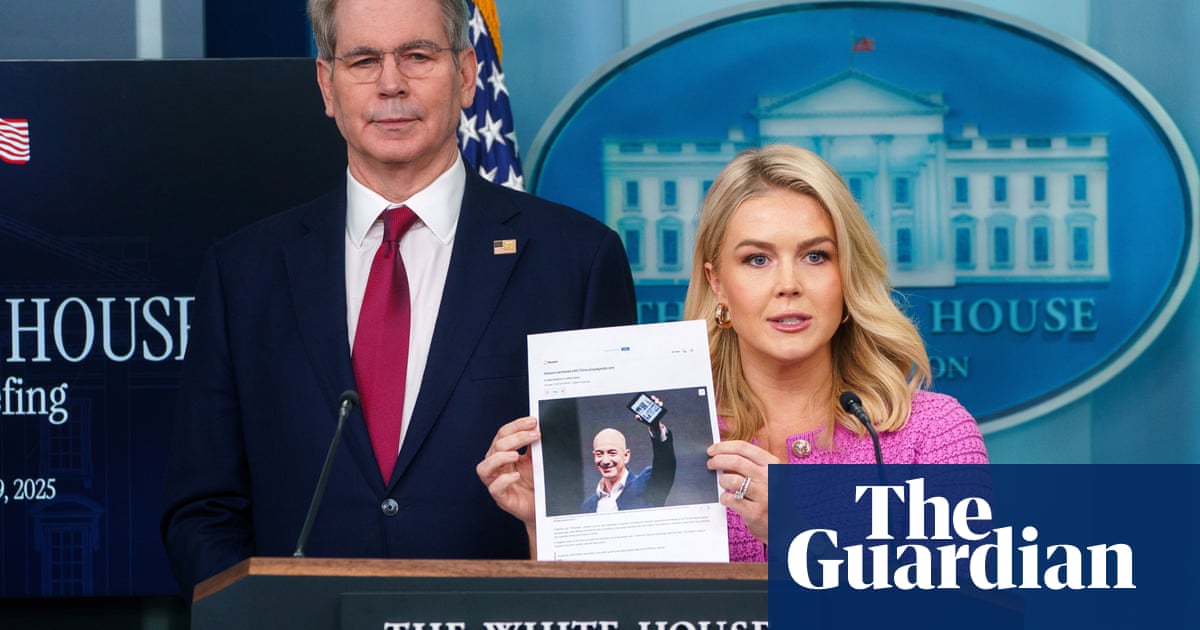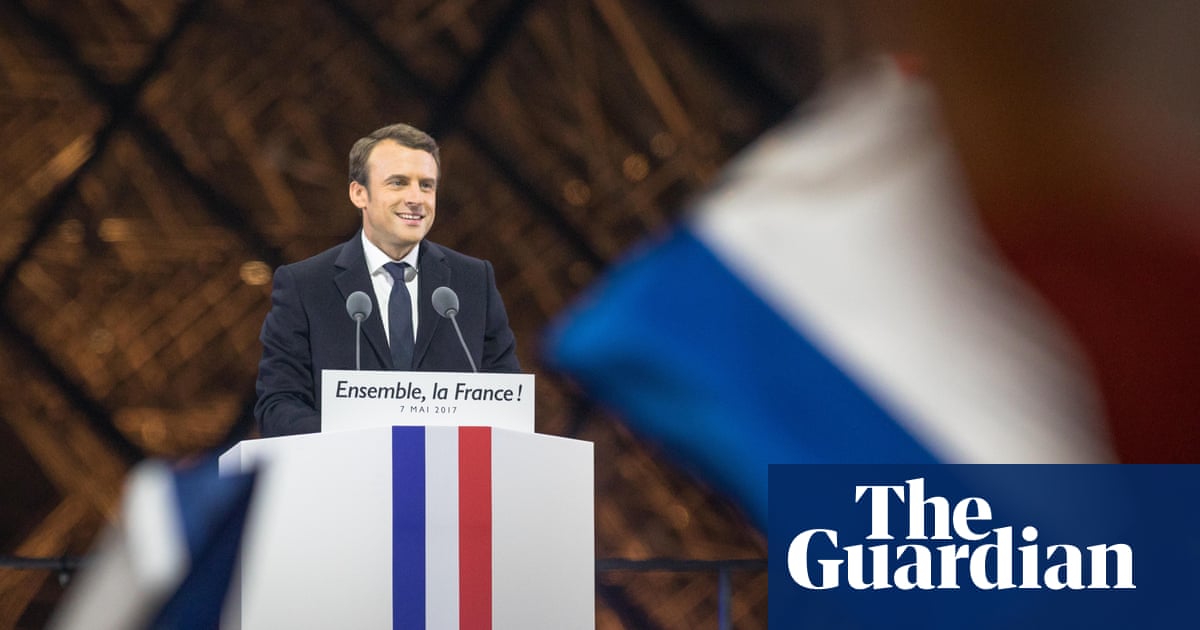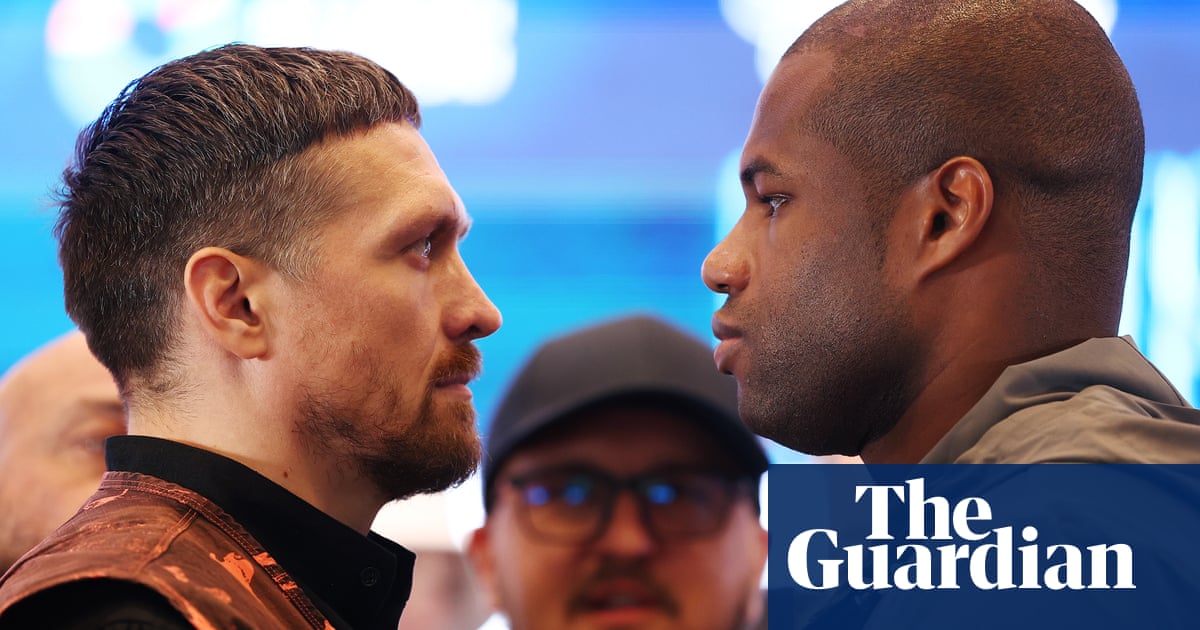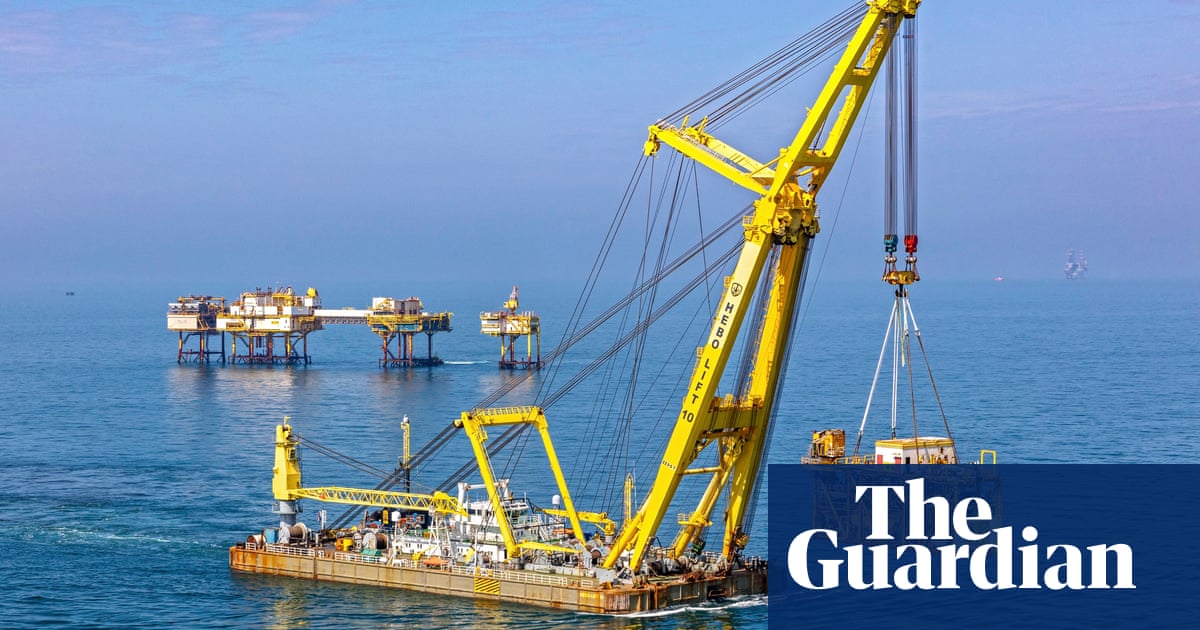The first thing Olena Litovchenko thought, when she read the news of Donald Trump’s phone call to Vladimir Putin on Wednesday evening, was that it might finally be time for her to leave Ukraine.
“It feels like Ukraine is being screwed,” said Litovchenko, a personal trainer who was born in Kyiv and has stayed in the city throughout the three years of full-scale war. Believing the prospect of a Ukrainian defeat to be closer after Trump’s call and statements on Wednesday, she thought for the first time that she perhaps ought to leave, for the sake of her daughter. “But then, leave and go where? Europe is most certainly going to be next. Go to Australia? I don’t know. I feel angry and betrayed.”
Anger and betrayal were common emotions among those questioned on the streets of central Kyiv on Thursday. In the three months since Donald Trump’s election win, many in Ukraine held onto a hope that things would not be as bad as some predicted under the new president.
Maybe Trump would bond with Volodymyr Zelenskyy, recognising another politician with a background in showbusiness and entertainment. Maybe he would unexpectedly give Ukraine carte blanche to attack Russia, in contrast to Joe Biden’s administration, who had always urged caution and feared risking an escalation. Maybe Trump’s chaotic behaviour would somehow produce a black swan event that would swing the conflict in Ukraine’s favour.
On Wednesday evening, it seemed these hopes were exposed as illusions. News of Trump’s long phone call with Putin filtered through to Kyiv, followed by reports of his subsequent press conference, during which Trump rubbished the idea that Ukraine would be an equal partner in potential upcoming talks and even appeared to suggest that Russia may have a right to hold on to some seized Ukrainian territory because “they took a lot of land and they fought for that land”.
Making no references to shared values or the need to stand up to Russia, Trump instead talked about Zelenskyy’s poor poll ratings and said he wanted to recoup money the US had sent in aid to Ukraine.
Trump’s remarks were a “cold shower” for Ukraine’s supporters, wrote Oleh Pavlyuk, in an column for the popular news website Evropeiska Pravda. He added that Trump had destroyed the two main pillars of US foreign policy in Ukraine up to now: of ensuring prior coordination with Kyiv before any contact with the Kremlin, and insisting that Ukraine should decide itself when it would sue for peace.
On a crisp and sunny winter’s day in Kyiv on Thursday, the mood was dark. “I feel disappointed and angry. There is no certainty that this war will end for us, because Trump does not perceive us as an equal party in these negotiations,” said Oleksii, a 34-year-old working for an IT company.
Serhii, a 39-year-old soldier who was on leave from the front line, said he had little confidence in Trump to do a deal advantageous to Ukraine: “We saw how he was during his first presidency … Putin’s doormat,” he said.
Like many, he said he had mixed feelings about the whole concept of peace negotiations, fearing they would simply lead to further war after Russia had time to regroup, but aware that Ukrainian troops cannot fight on indefinitely.
“On the one hand I’m against negotiations because everyone understands that this bastard [Putin] will attack again in a couple of years, unless he dies,” said Serhii. “On the other hand, we do have to negotiate, but on Ukraine’s terms. Otherwise, what was I fighting for? What did the guys die for? Why are civilians dying in missile attacks?”
Others expressed hope for any kind of peace, believing it to be better than continuing the war. Roman, a 20-year-old chef, said it was “obvious” for Trump to call Putin and that direct contact should have been established earlier. “I’m glad that the parties have started to find a common language, though I’m afraid at what cost,” he said.
after newsletter promotion
Both Ukrainian society and the political elite are readjusting to a new political reality in which they are more likely to receive criticism and barbs from Washington than words of support and admiration.
Zelenskyy, aware that he cannot burn his bridges with Trump, put a brave face on the call to Putin, calling it “unpleasant” while speaking to journalists on Thursday but claiming the subsequent call he had with Trump was “a very good conversation”. Zelenskyy will now travel to the Munich security conference, where he is expected to meet with US vice president JD Vance and several European leaders.
Amid the gloom in Kyiv, some held out hope that perhaps the unorthodox US president had a few more surprises up his sleeve.
“The thing with Trump is that he’s totally unpredictable,” said one army officer who had recently returned from the frontline in Donbas but did not want to be named. “Today he says one thing, tomorrow another, and we know that the most important thing for him is his ego. So maybe when he sees that everyone is saying he has been outplayed by Putin, he’ll get offended and change course again. We can at least hope,” he added.

.png) 2 months ago
25
2 months ago
25

